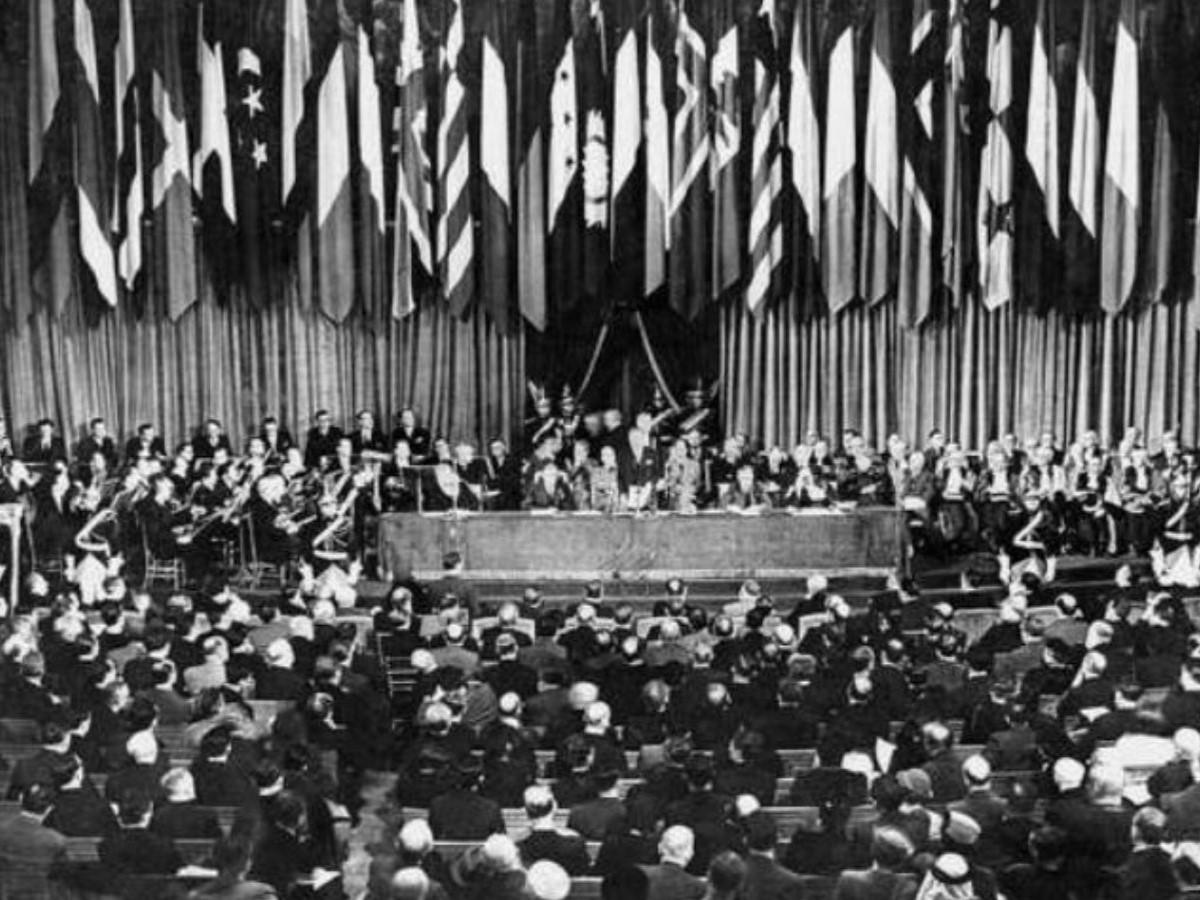1946
In the 1940s, only the United States (the association founded in 1903), Canada (1913), Finland (1935), India (1938), China (1932), and Japan (1948) had political science associations, in contrast to the well-structured web of national associations we have today. Although they were aware of their global counterparts, communication between these associations was virtually nonexistent at the time.
The desire of the newly established United Nations Educational, Scientific and Cultural Organization (UNESCO) was to stimulate the development of the social sciences resulting in an initiative with both intellectual and institutional dimensions. The intellectual framework for the project was established during UNESCO's first general conference in December 1946 by the Social Sciences, Philosophy, and Humanistic Studies Sub-Commission.
After debating the issues, the sub-commission acknowledged the distinction between “social science” and “philosophy and the humanities”. Drawing on the theme enunciated by US President Franklin Roosevelt that “if civilization is to survive, we must cultivate the science of human relations,” it assigned the social sciences the task of furthering friendship between peoples by promoting mutual understanding and fostering the removal of such obstacles as “nationalism, antagonisms of a technological character, insufficiency of government action, problems relating to movements of population or relations of dependency between two peoples”.
Subsequent general conferences further refined this highly political project and, in 1948, seven priority topics for research were identified. Four amounted to a reassertion of the peace-making potential of the social sciences: the study of “tensions affecting international understanding”; the “philosophical analysis of current ideological controversies”; the “study of international collaboration”; and an enquiry into the “humanistic aspects of culture.” Two other topics, “social implications of science” and “scientific and cultural history,” made it clear that the young social sciences were to be a tool for controlling the natural sciences, following the disillusionment brought on by their exploitation for military purposes. One area of research alone was only indirectly related to the demands of reconstruction; the object of the project “Methods in Political Science” was:
To promote the study of the subject matter and problems treated by political scientists of various countries in recent research materials..., the various types of approach and emphasis, the methods, techniques and terminology employed and the quantity of production in recent political science.*
*Records of the General Conference of UNESCO, second session, Mexico, 1947. Paris, UNESCO, April 1948.












